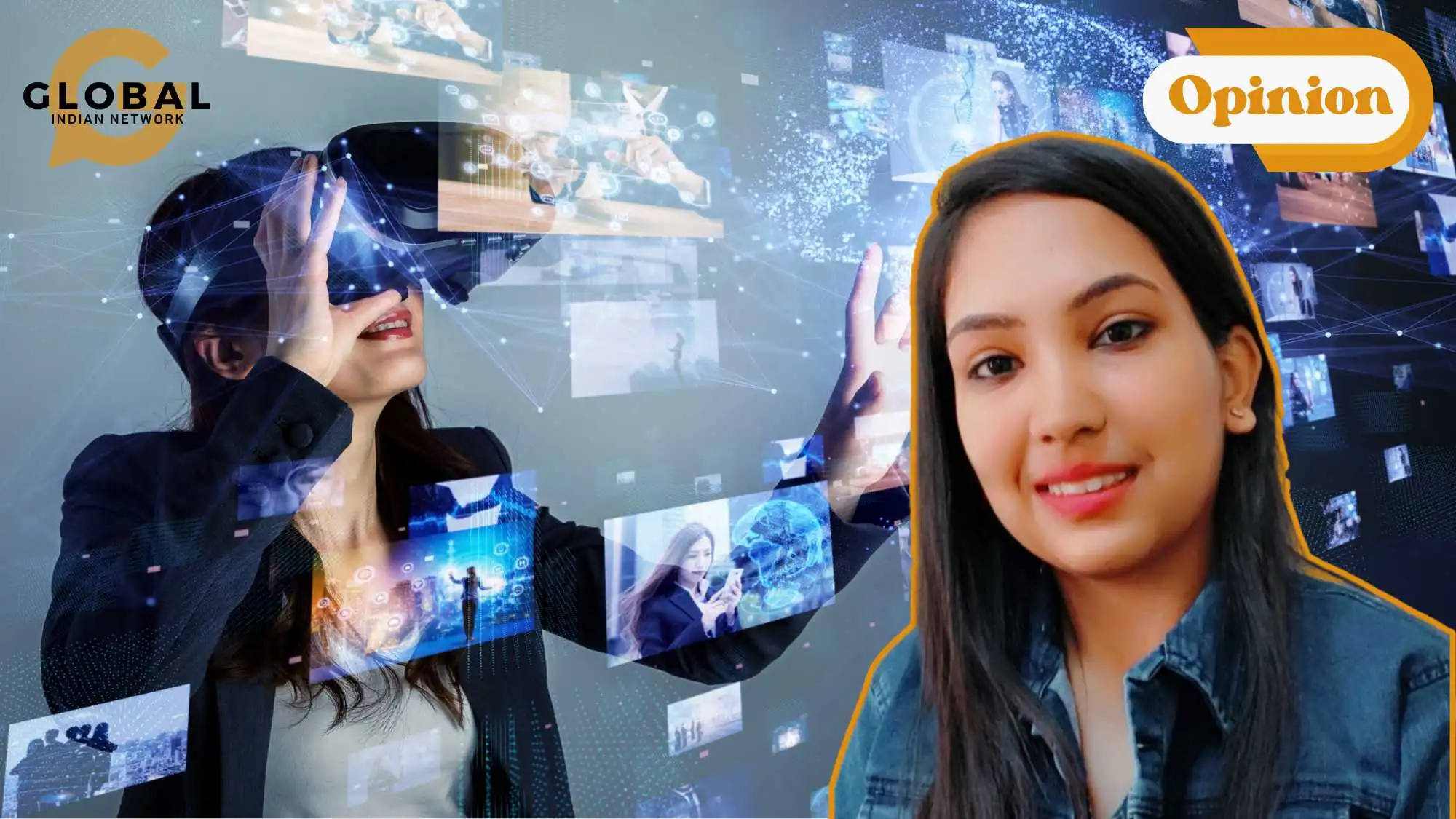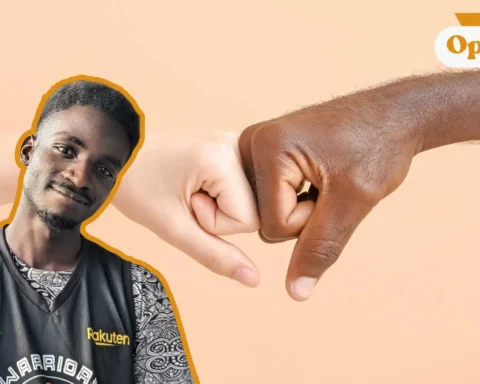In recent years, virtual reality (VR) innovation has taken critical strides, offering vivid experiences beyond simple diversion. This article plans to examine the cultural effects of virtual reality, investigating whether it fills in as a device for forging connections in society or, on the other hand, if it adds to a feeling of separation among people.
Cultural Exchange and Virtual Reality
The cultural effect of VR stretches out to working with diverse cultures. It can foster sympathy and understanding by permitting users to submerge themselves in the lives and experiences of others from different cultures. By mimicking day-to-day life and featuring cultural heritage and difficulties, VR can advance more noteworthy responsiveness and sympathy towards various societies and lifestyles, eventually connecting social gaps and lessening bias in our globalised world.
VR is a thrilling area of development that proceeds to advance and hold guarantee as an instrument for advancing empathy and cultural comprehension. Its applications enhance language learning and shared experiences. Wander, for example, permits users to investigate worldwide locations practically, advancing a more profound understanding and appreciation of different cultures.
VR and Social Skills Advancement
Virtual reality (VR) is an extraordinary device for improving social skills, offering a remarkable space for people to develop interpersonal communication. Stages like vTime XR give vivid conditions where users can participate in virtual connections, practice communications, and refine social skills. This innovation becomes a significant asset, especially for those confronting difficulties in traditional social settings.
By simulating different social situations, VR not only offers a protected and controlled space for training but also fosters a feeling of confidence and capability in real-world social interactions. This novel strategy is in line with the wider potential of virtual reality to influence favourable societal outcomes.

Potential for Separation: Dual Effect
In the steadily developing realm of virtual reality (VR), the extraordinary potential for social interaction coincides with concerns about isolation. While VR presents vivid shared experiences through stages like VRChat, it concentrates on raising warnings of excessive use, leading to decreased up close and personal communications.
This dual impact prompts a basic assessment of VR’s part in moulding social elements. In today’s social landscape, navigating these complexities ensures that virtual reality remains a tool for forging connections rather than fostering isolation.
Psychological Wellness and VR
VR isn’t simply a technological marvel; it’s a bridge that facilitates cultural exchange and deepens compassion. Through applications like Wander, users set out on virtual journeys, separating geographical boundaries and cultivating culturally diverse understanding. This vivid innovation doesn’t simply connect; it rises above, offering glimpses into diverse points of view.
The VR simulation “Becoming Homeless” shows how VR goes beyond entertainment to elicit profound empathy by allowing users to experience the difficulties that homeless people face. In reality, as we know it, where empathy is a catalyst for positive change, VR arises as a transformative force, shaping a more associated and compassionate worldwide community.
Future Trends of Virtual Reality
In the ever-evolving landscape of virtual reality (VR), arising patterns are reshaping how we interact with digital domains. Augmented reality (AR), mixed reality (MR), and coordination into day-to-day life imply a future where the limits among physical and virtual realities fade.
The possibility includes a consistent mix of computerised and real-world experiences, promising a future where the vivid capabilities of VR rise above current constraints, offering significant opportunities and challenges on the horizon.

Conclusion
In conclusion, the cultural effects of virtual reality are a unique interplay between upgraded connectivity and potential isolation. While virtual reality encourages global collaboration, cultural exchange, and empathy, social distance and ethical considerations remain a concern. As we explore this developing scene, the responsible integration of virtual reality into our lives, combined with continuous exploration and open dialogue, will shape a future where advanced and actual real factors coexist harmoniously for a more associated and empathetic society.
Do you have captivating thoughts or opinions? Take part in a unique discussion by sharing your knowledge in the comments! Let’s make an engaging trade of ideas. Your voice matters.
Together, we can make a difference! Please feel free to reach out to us at larra@globalindiannetwork.com for advancing thoughts or opinions!










[…] plantations have caused biodiversity loss, environmental degradation, and social and cultural impacts. They lack ecosystem services, causing soil degradation, reduced groundwater recharge, and […]